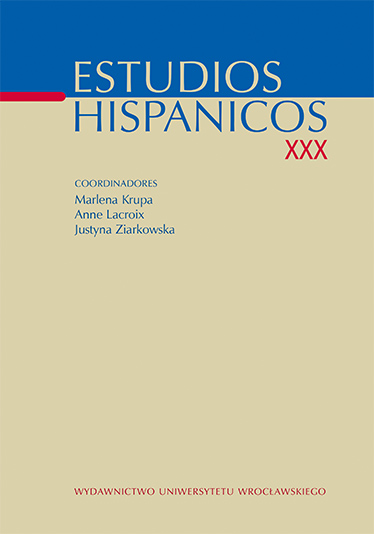

Articles

The life and work of Sofía Casanova Lutosławska (born in A Coruña, 1861, died in Poznań, 1958) not only coincides with the flowering of thought about national identity, but also with a particular moment in the history of the writer’s two homelands, in which national ist ideologies were beginning to bring painful consequences. The political enthusiasm of the Spanish-Polish intellectual, the weight of the right-wing inclinations attributed to her, are not purely black and white, nor is the criticism about the position and role of women in the world contemporary to the writer. The article offers a cross-cultural contextualization and interpretation of the most interesting passages within Casanova’s varied work (her prose, her journalism, her translations), in which the theme of women comes to the fore. The tension between Polish aspirations of national liberation at the end of the Partition era, in which Casanova was involved through her husband, and the women’s emancipation movements with which she had direct contact, brought an interesting perspective to her thinking. The article, which looks for the possible inspirations of Sofía Casanova’s writing and its connection with the thought contemporary discourse on femininity, underlines the autonomous character of her work, which draws energy from the transcultural condition.